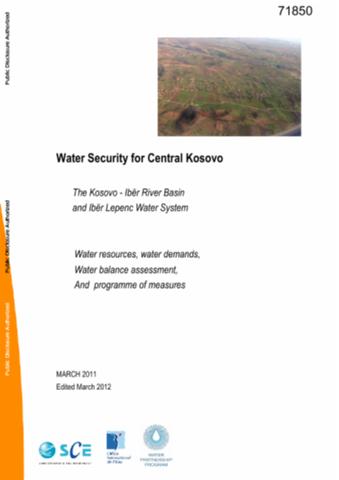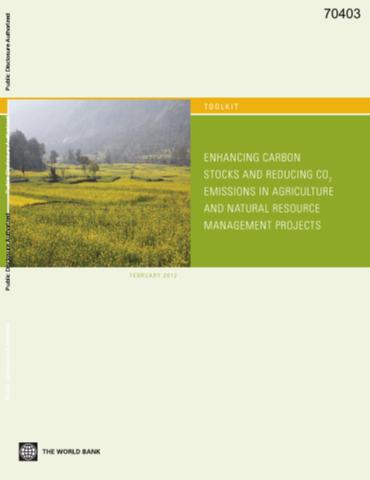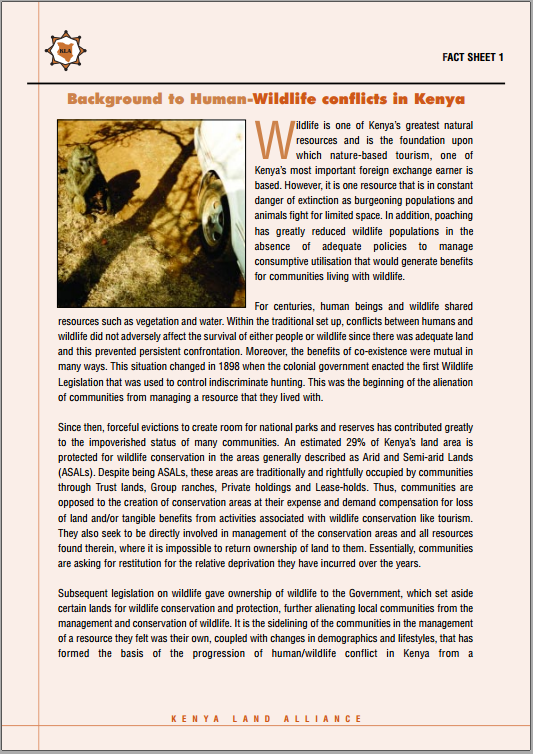Land — A Multidisciplinary Journal Addressing Issues at the Land Use and Sustainability Nexus
Some authorities argue that land is the most fundamental of natural resources. If their arguments fail to convince, we certainly have to cede that land is a limited natural resource. Aside from a few thousand Moken living on the Andaman Sea, humans are tied to the land. Most of us live, eat and sleep on land, even oil rig workers in the Gulf of Mexico, Filipino merchant seamen, Japanese fishermen and British naval ratings divide their lives between sea and land.








